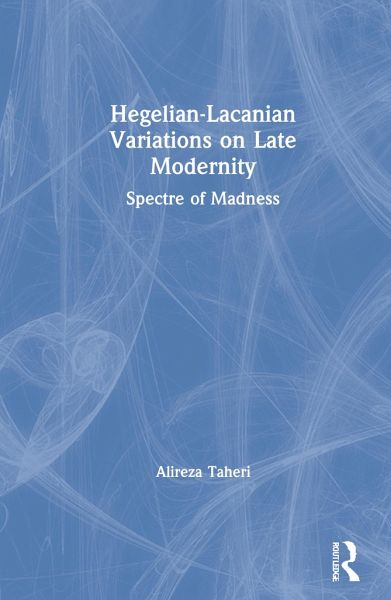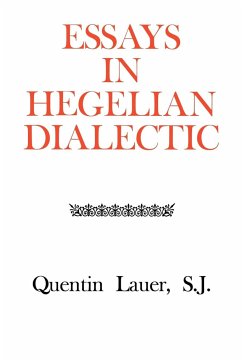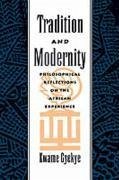
Hegelian-Lacanian Variations on Late Modernity
Spectre of Madness
Versandkostenfrei!
Versandfertig in 1-2 Wochen
158,99 €
inkl. MwSt.
Weitere Ausgaben:

PAYBACK Punkte
79 °P sammeln!
The current rise in new religions and the growing popularity of New Ageism is concomitant with an increasingly anti-philosophical sentiment marking our contemporary situation. Combatting this trend, this treatise develops a theoretical apparatus based on Hegelian speculative reason and Lacanian psychoanalysis.














